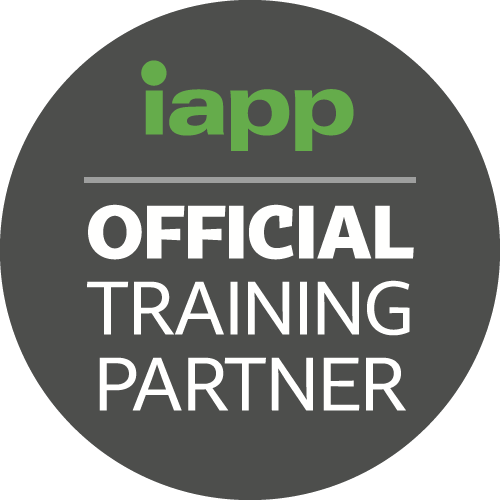Course Features

Course Overview
The Certified Information Privacy Manager (CIPM) is the first and only qualification in data protection operations management. Developed by the IAPP in 2013, the CIPM is the perfect companion to the IAPP Certified Information Privacy Professional Europe (CIPP/E) and the BCS Practitioner Certificate in Data Protection. Holders of the CIPM award develop an understanding of the capabilities required to implement, maintain and manage a compliant data protection programme through every stage of its lifecycle.
In this context, the CIPM is an essential professional qualification for industry practitioners already trained in data protection law. Unlike legal-based data protection training courses, the CIPM covers the practical implementation and management of data protection operations, making it an ideal qualification for data protection officers (DPOs) and other senior compliance professionals tasked with developing an organisation-wide culture of privacy and UK or EU General Data Protection Regulation (GDPR) compliance.
The CIPM syllabus (body of knowledge) consists of six distinct domains and requires attendees to evaluate privacy management throughout the operational lifecycle:
- Domain 1 - Developing a privacy programme framework: Addresses how to implement a privacy framework that defines the programme's scope and aligns it with the organisation's objectives. Delegates will also learn how to communicate the organisation's vision to ensure that everyone involved works towards maintaining the highest standards of privacy and security.
- Domain 2 - Establishing privacy programme governance: Focuses on the need to create clear policies and processes, define roles and responsibilities, conduct training and awareness campaigns, and set up privacy metrics in order to monitor progress and ensure accountability across multiple jurisdictions.
- Domain 3 - Assessing Data: Deals with the operational lifecycle of data governance, including how to conduct data flow mapping and systems integrations. Delegates will learn about evaluating the risks associated with sharing or transferring data across borders with processors and third-party vendors, as well as how to assess physical, environmental and technical controls to ensure that data is handled in a secure and responsible manner.
- Domain 4 - Protecting Personal Data: Addresses how to apply information security best practices, policies, controls and measures in order to mitigate risk. Attendees will also learn about integrating the principles of Privacy by Design and how to collaborate with technical teams around data minimisation and implementation of privacy-enhancing technologies (PETs).
- Domain 5 - Sustaining Programme Performance: Examines the need for metrics to measure privacy programme performance, maturity and the reduction in privacy events compared with cultural awareness initiatives and other business indicators. Attendees will discover why and how to maintain ongoing compliance through regular audits and continuous assessments, including Data Protection Impact Assessments (DPIAs), Transfer Impact Assessments (TIAs), and Legitimate Interest Assessments (LIAs) in order to identify gaps or deficiencies in the privacy programme and take corrective measures to address them.
- Domain 6 - Responding to Requests and Incidents: Considers the importance of transparency and accountability in upholding information rights, along with the need to implement robust security incident response handling procedures.
To successfully implement and maintain a legally compliant GDPR programme, it is important to have the right skills. CIPM holders have the ability to interpret data protection laws and create policies and procedures that organisations can use to establish practical and effective practices. Furthermore, by obtaining the CIPM certification, practitioners can significantly improve their career prospects and lifetime earnings as award holders join an elite group of highly decorated, globally recognised data protection professionals.
This IAPP-accredited CIPM course is delivered online, although onsite and online in-company options are also available. Delegates can gain a recognised practitioner-level workplace qualification at home or from their desk by attending four consecutive 4-hour live online sessions across one week. This IAPP course prepares participants for the 150-minute multiple-choice IAPP Exam.































